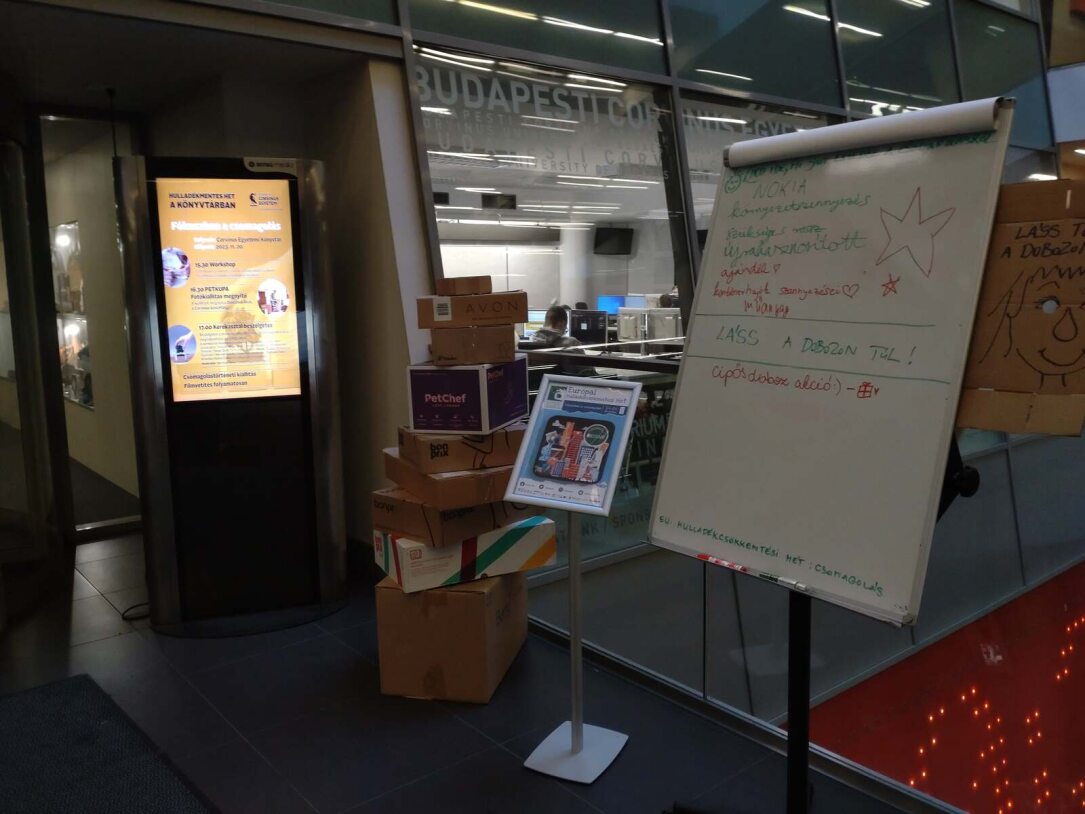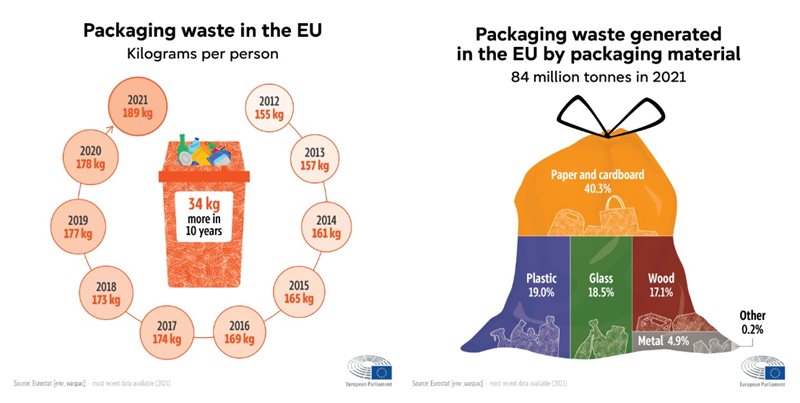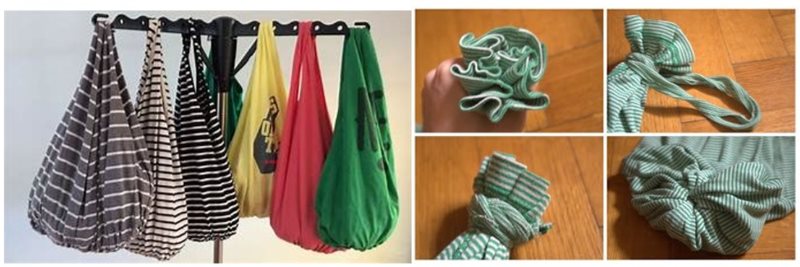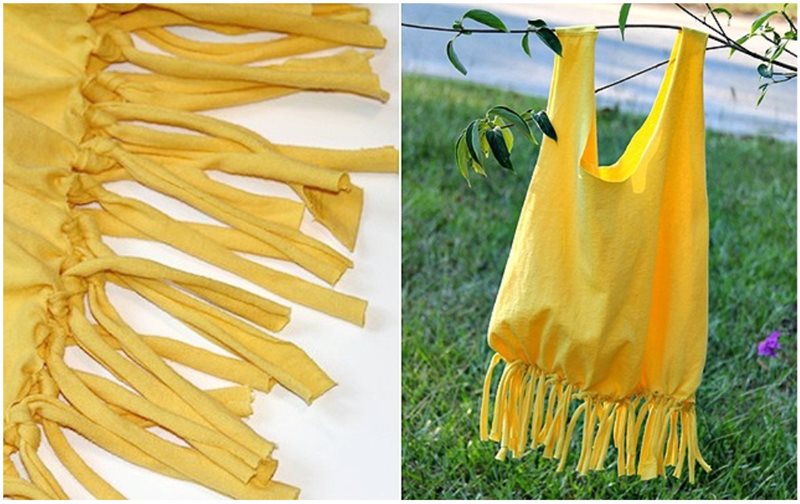What will sustainable packaging be like in the future?

According to EU statistics, in 2021 on average 189 kilograms of packaging waste per EU resident was produced. Over the past 10 years this volume has increased by more than 20 percent.

This means a total of 84.3 million tonnes of packaging waste in 2021, 4.8 million tonnes more than a year earlier. The largest share is paper and cardboard (40.3%), followed by plastic (19%), glass (18.5%), wood (17.1%) and metal waste (4.9%). And this large amount of waste has a serious environmental and ecological cost.
The environmental impact of packaging varies depending on the material used. Plastic packaging is the most carbon-intensive material, responsible for a total of 1.8 tonnes of carbon dioxide equivalent (CO2e) greenhouse gas emissions per tonne over its life cycle. This is followed by paper/cardboard and glass, which have an impact of 809 and 565 kg CO2e GHG emissions per tonne respectively. Not to mention the fact that the waste entering the environment causes serious ecological damage.
That is why packaging has become the main focus of this year’s European Week for Waste Reduction, also joined by the Corvinus Library. Awareness-raising box installations will be on display for those visiting the university this week, and on Monday 20 November from 3:30 pm there will be a workshop on making bags and natural cosmetics, as well as film screening, photo exhibition and a roundtable discussion.


Starting at 3:30 pm, the workshop participants will make T-shirt bags with volunteers from the Profilantrop Association, who are also partners of the Corvinus Science Shop. Profilantrop Association aims to promote the healthy coexistence of human communities and cultures using the tools of social science. They run a charity shop and implement ESC and Erasmus+ volunteer projects on regenerative development and the solidarity economy, among others.
The workshop will also feature the ”MosóMami” Biomanufactury, and those visiting the Library will be able to make natural cosmetics. This is a company that focuses on more environmentally friendly cleaning products and detergents, with an increasing emphasis on zero packaging.
Starting at 4.30 pm, the PETKUPA Photo Exhibition will be opened by Ákos Domahidi, Chancellor of Corvinus University. The organizers of the PET Cup together with the municipalities along the Tisza have created a fun and educational event, initially aimed at collecting waste and fighting plastic pollution that is a common problem in our rivers.
The Rakun Box Community is also fighting against packaging waste, and the founder of the company will be a guest at the roundtable discussion starting at 5 pm. The Rakun Box Community aims to reform the catering industry by getting rid of single-use plastic food containers. The members of the box community can take home or order food in steel containers from the restaurants that have joined the initiative, and return the empty containers to the restaurant or the restaurant’s delivery service, to make sure that they can be reused after washing.
The participants of the roundtable discussion will include the representatives of the PET Cup, the Profilantrop Association, Rakun and Mosómami, as well as Corvinus teachers Zalán Maró and Judit Nagy. Judit Nagy, Associate Professor at the Department of Supply Chain Management will discuss the problems and opportunities related to supply chains. Zalán Maró, assistant lecturer at the Department of Agricultural Economics and an organizer of the Corvinus Producers’ Market will also talk about the packaging dilemmas that arise there.
In addition to Monday’s activities, the Packaging History exhibition will be open all week in the Library hall, and the organizers will also be screening films related to the theme. All visitors are welcome. The full programme of the event can be accessed here.
At Corvinus, there are a number of programmes to promote more sustainable operations and waste reduction. For example, as a result of the green procurement project, a third of the office and cleaning products used at the university are now sustainability certified. These include a number of products with environmentally friendly packaging made from recycled materials or carrying eco-labels. Since last year, new water dispensers have been introduced around the university buildings so visitors can refill their own bottles instead of buying water in plastic bottles, and there are also a number of selective waste islands.
Máté Kovács